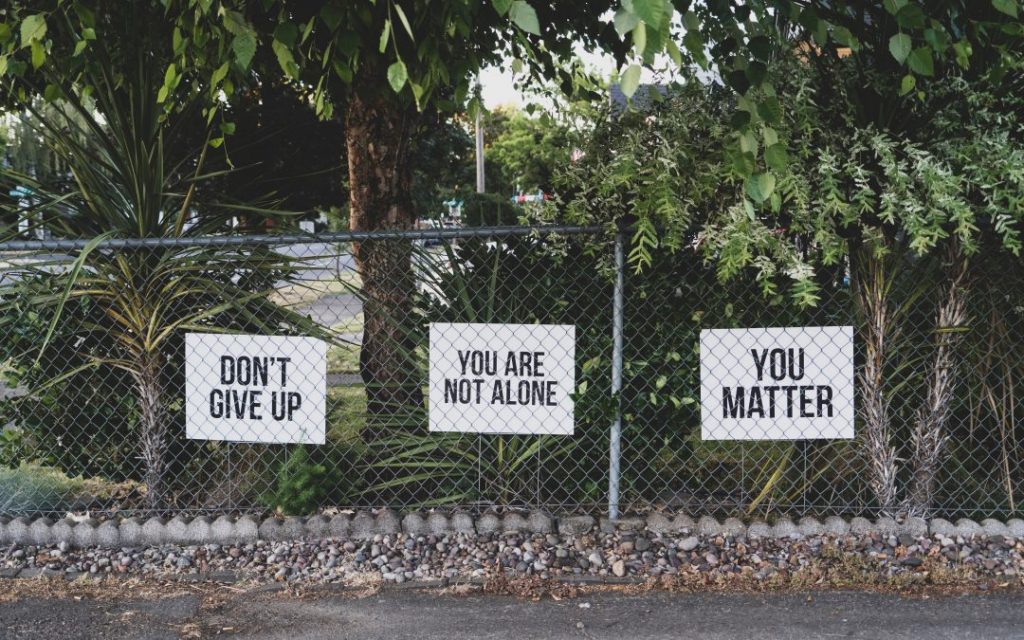Every year, on September 10, the world recognizes it as an awareness day called World Suicide Prevention Day. This day is recognized to be a commitment and action in order to prevent suicide.
Amongst senior adults, suicide is a problem. Suicide in the elderly can often be influenced by the loss of control involving health or financial conditions, resulting in hopelessness for many seniors. Men who are seniors are at a higher risk of committing suicide than older women are.
Depression in seniors can often go unnoticed. Suicide in the elderly is often different than that in younger adults because it is nit impulsive, but rather something that is thought out over time. However, most people who think of suicide most likely do not want to die. They are searching for a way to make the pain or suffering disappear. Older men who attempt suicide most often end in death compared to younger adults because they are more determined. However, it is important to note that suicide is completely preventable.
There are warning signs and risk factors in seniors who may be suicidal. Some risk factors for suicide include:
- Disability
- Physical illness or pain
- Substance problem (including medications that are prescribed)
- Mental health problems
- Depression
- Social isolation
- Prior suicide attempt
Senior adults are often difficult to read when it comes to the red flags for suicide. They don’t really talk about suicide or their emotions. All suicidal threats should especially be taken seriously. This is especially true of seniors as their attempts are more likely to be carried through compared to younger people. Some signs to watch out for seniors who may be suicidal include:
- Senior rushes to revise will
- Senior increases the use of alcohol or drugs
- Senior often expresses hopelessness
- Senior withdraws socially
- Senior threatens to hurt themselves
- Talks or writes about dying
Some suicide prevention options for seniors includes:
- Talk with them – It can sometimes help to have a conversation with the person in a caring, nonjudgmental way. It is important to remember to not make promises of keeping their suicidal thoughts to yourself. The most important priority to help them is to get help.
- Find a support group – There are many senior support groups with people who are struggling with the same type of issues in life. There are emotional support groups for people who are grieving the loss a spouse or those suffering from certain illnesses like Parkinson’s.
- Limit substance abuse – Dependent on the addiction, seek medical information for withdrawal of help the senior with limiting access to substances.
- Remove lethal means – If possible, remove firearms and/or medications that can be easily overdosed if the senior is contemplating suicide.
If you or someone you know may be considering suicide, contact the National Suicide Prevention Lifeline at 1-800-273-8255; deaf or hard of hearing: 1-800-799-4889.
We highly recommend that you get help from a trained professional as quickly as possible if you do suspect someone is suicidal.

